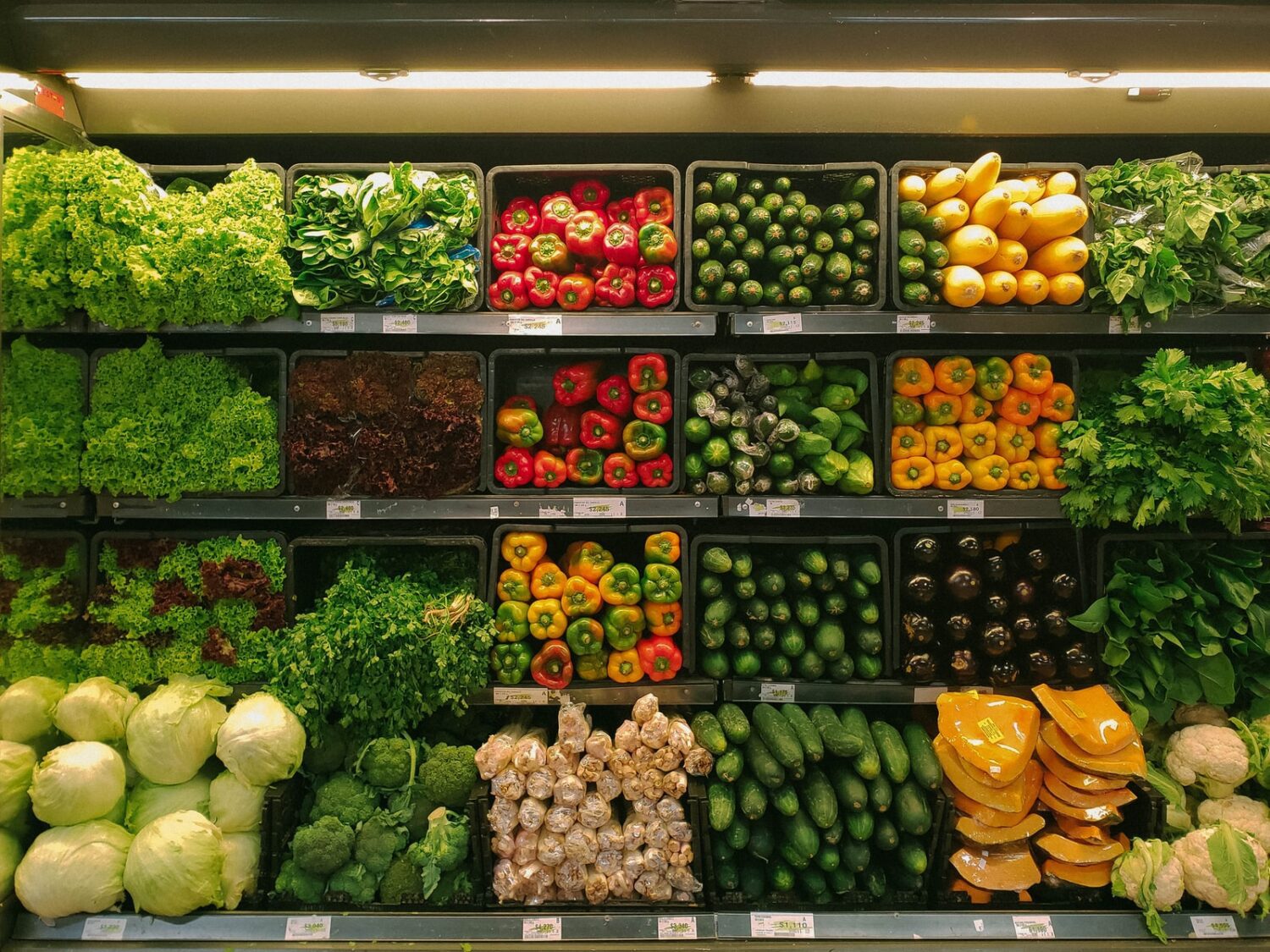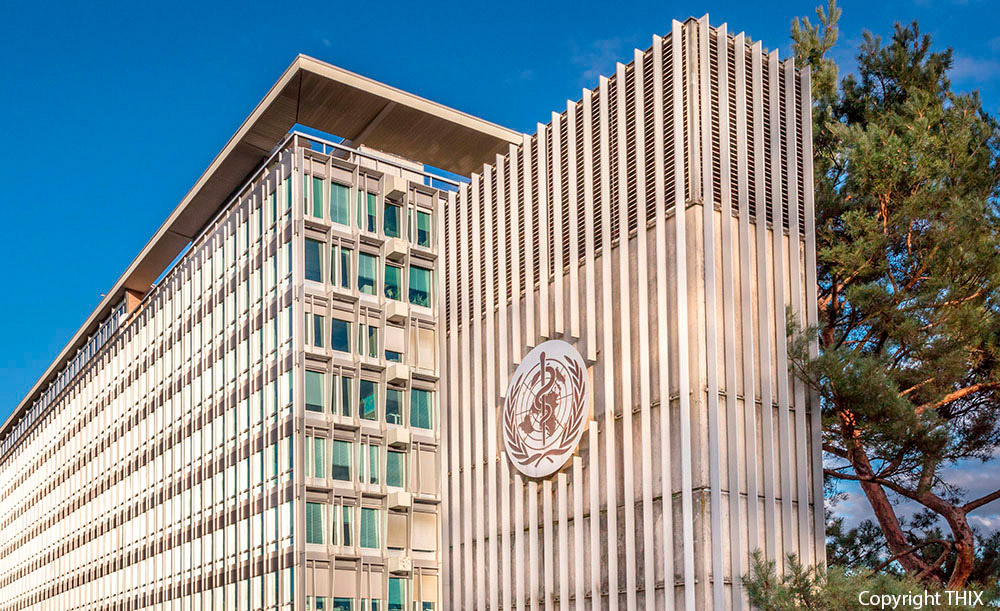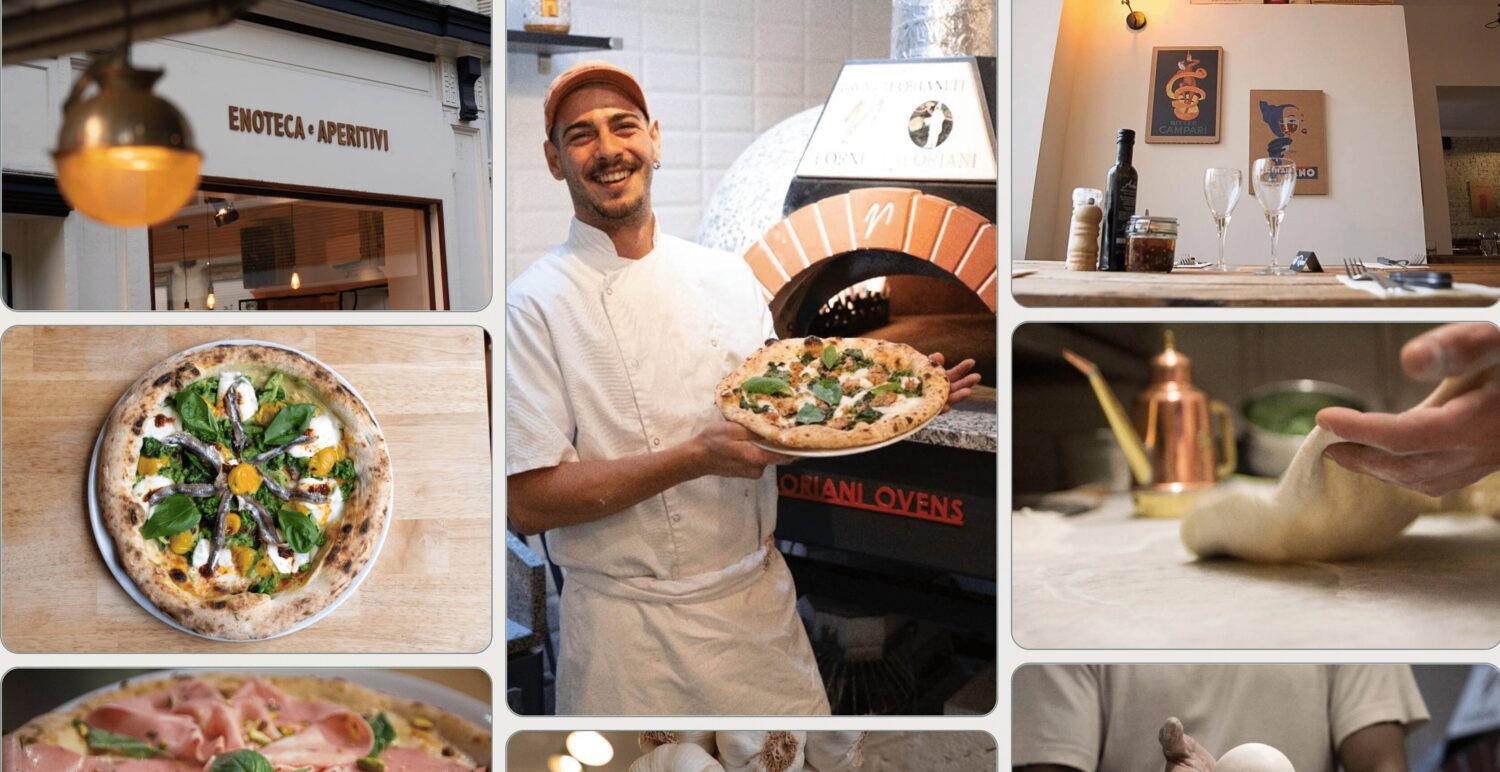Eating contaminated food has caused an estimated 600 million people in the world, or almost one-in-ten individuals, to fall ill – 420,000 of whom die every year, two UN specialized agencies highlighted on Sunday, World Food Safety Day.
Joining forces, the Food and Agriculture Organization (FAO) and the World Health Organization (WHO) flagged that “food safety is a shared responsibility” with a role for everyone to play, from governments, industry and producers to business operators and consumers.
The COVID-19 pandemic has also shined a spotlight on the importance of monitoring and addressing food safety; adapting food safety systems to respond to supply chain disruptions; and ensuring the continued access to safe food.
The Head of FAO’s Food Safety and Quality Unit attested that in these challenging times, this year’s motto – food safety is everybody’s business – is “more pertinent than ever”.
“No matter what else is going on, every single person still needs safe food every day”, said Markus Lipp. “We cannot let up in our vigilance to ensure that our food is safe”.
An investment in health
Safe food is not only critical to better health and food security, but also for livelihoods, economic development, trade and the international reputation of every country.
“Millions of people around the world depend on international trade for their food security and livelihoods”, the heads of FAO, QU Dongyu, WHO, Tedros Adhanom Ghebreyesus and Roberto Azevedo, the World Trade Organization (WTO) said in a joint statement.
“As countries move to enact measures aiming to halt the accelerating COVID-19 pandemic, care must be taken to minimize potential impacts on the food supply or unintended consequences on global trade and food security.”
The agencies maintained that each year, an estimated 700,000 people die around the globe because of antimicrobial-resistant infections.
“Improving hygiene practices in the food and agricultural sectors helps to reduce the emergence and spread of antimicrobial resistance along the food chain and in the environment”, they explained.
Emphasizing the need for better data to understand the far-reaching impacts of unsafe food, WHO and FAO upheld that an investment in consumer food safety education has the potential to reduce foodborne disease and return savings of up to ten-fold for each dollar provided.
“We must ensure that our response to COVID-19 does not unintentionally create unwarranted shortages of essential items and exacerbate hunger and malnutrition”, the FAO, WHO, WTO chiefs stated. “Now is the time to show solidarity, act responsibly and adhere to our common goal of enhancing food security, food safety and nutrition and improving the general welfare of people around the world”.
Food production
Infections caused by contaminated food have a much higher impact on populations with poor or fragile health, impacting infants, pregnant women and elderly and sick people more severely, and sometimes even leading to death, according to WHO.
Meanwhile, throughout the various stages of today’s complex supply chains, opportunities for food contamination prevail, from on-farm production to slaughtering or harvesting and during the course of processing, storage, transport and distribution.
Moreover, the globalization of food production and trade is making the food chain even longer, complicating foodborne disease outbreak investigations and emergency product recalls.
And the effects of food contamination reach far beyond direct public health consequences. It undermines food exports, tourism, food handler livelihoods and economic development, in both developed and developing countries.
To improve food safety, WHO advocates for different governmental departments and agencies – encompassing public health, agriculture, education and trade – to collaborate with each other as well as to engage civil society, including consumer groups.
Addressing the issue
To help ensure food safety and quality control, systems must be strengthened at national, regional and international levels, says FAO.
Among other things, this requires:
- Leadership in assessing and developing food control systems, including policy and regulatory frameworks.
- Institutional and individual management, including the management of food safety emergencies.
- Sound scientific advice to underpin standards at national, regional and international levels.
- Platforms, databases and mechanisms that support dialogue and global access to information.
- Collection, analysis and communication of food chain intelligence.











